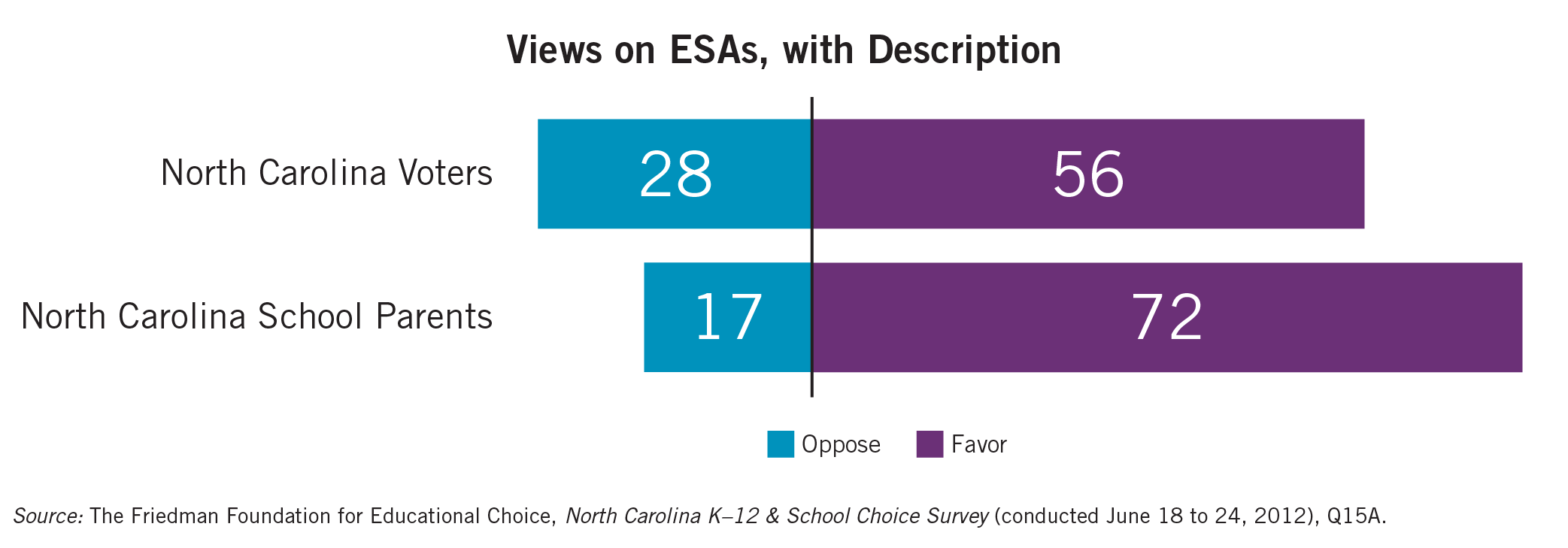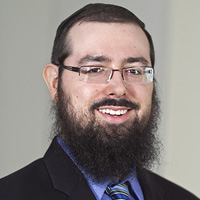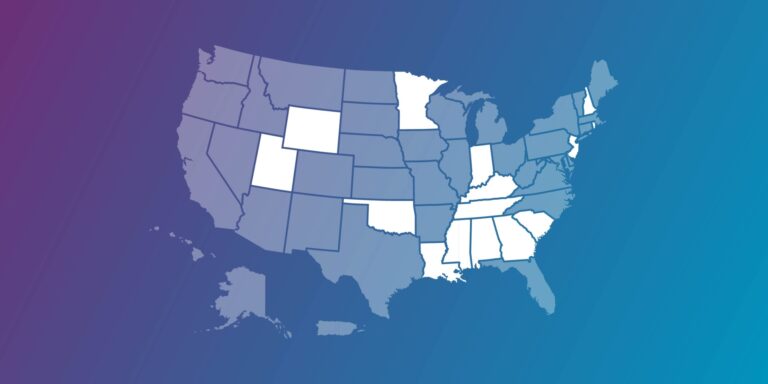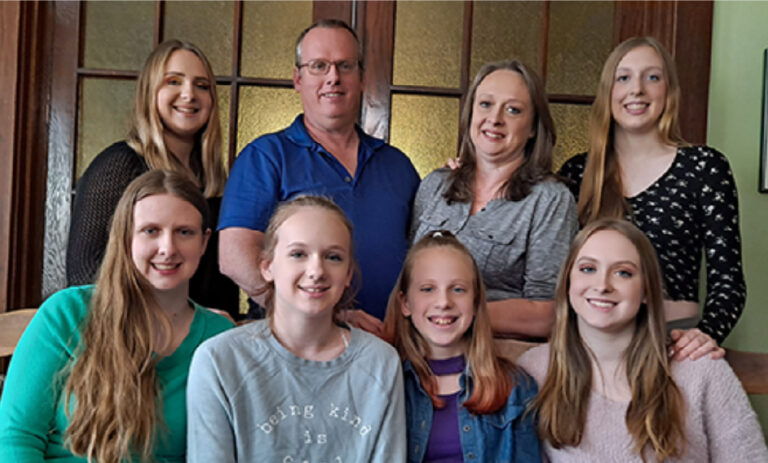North Carolina Legislature Overrides Governor’s Veto of New ESA for Students with Special Needs
The North Carolina legislature overrode Gov. Roy Cooper’s veto to enact Senate Bill 257, a budget bill that includes additional funding for the state’s two school voucher programs as well as a new education savings account (ESA) for children with special needs.
North Carolina is the sixth state to enact an ESA program, which allow parents to withdraw their children from public district or charter schools and receive a deposit of public funds into government-authorized savings accounts with restricted, but multiple, uses.
Using a debit card, parents can access the funds to cover private school tuition and fees, tutoring, textbooks, homeschool curricula, educational therapy, certain education technologies, various education-related fees (e.g., standardized tests), and student transportation. Funds for North Carolina’s Personal Education Savings Account program will be awarded beginning in the 2018–19 school year.
The legislature allocated $3,000,000 to fund the accounts during the first year of the program, as well as $450,000 to establish the program.
Student Eligibility
Students with special needs who attended a district or charter school during the previous semester or who are entering kindergarten or first grade are eligible. In addition, students with special needs are also eligible if they are in foster care or were officially adopted in the past year, are children of an active-duty military member or are enrolled part-time in a public school and part-time in a nonpublic school that exclusively provides services for students with special needs.
Eligible special needs categories include intellectual disability, hearing impairment, speech or language impairment, visual impairment, serious emotional disturbance, orthopedic impairment, autism, traumatic brain injury, other health impairments, specific learning disability or disability as may be required to be included under IDEA.
If there is oversubscription to the program, eligible applicants will be entered into a lottery.
Student Funding
Eligible students can receive up to $9,000 per year via quarterly disbursements from the state directly into their ESAs, which they can access via a prepaid debit card. Parents must submit an expense report listing eligible expenses in each quarter before their next disbursement.
All ESA recipients may receive additional funds through In order to be eligible to receive a voucher under the Opportunity Scholarships program, students must be from households where income does not exceed 133 percent of the guidelines needed to qualify for the federal free and reduced-price lunch program ($60,528 for a family of four in 2017–18). The maximum voucher amount allowed through the Opportunity Scholarships program is $4,200. The same bill that enacted the ESA program contains a funding increase of $10 million per year for the next 10 years for the Opportunity Scholarships program.
Students with autism, a developmental disability, a moderate or severe intellectual disability, a hearing or visual impairment, and/or multiple, permanent orthopedic impairments may receive additional funds through North Carolina’s Special Education Scholarship Grants for Children with Disabilities, which are worth up to $8,000.
Allowable Uses
Funds may be used to pay for:
- Tuition and fees at an eligible private school
- Public school classes and extracurricular programs
- Textbooks and curricula
- Tutoring and teaching services
- Fees for testing, including nationally norm-referenced tests, Advance Placement exams and college entrance exams
- Services for students with special needs
- Transportation
Regulations
Parents must sign an agreement that says they will use at least a portion of the ESA funds to provide an education in, at a minimum, English language arts, mathematics, social studies and science, use the scholarship funds only for qualifying educational expenses, and not use funds to purchase nonallowable computer hardware, other technology or consumable educational supplies or on tuition at a higher education institution or a noneligible nonpublic school.
What the Research Says
EdChoice (under its former name, the Friedman Foundation for Educational Choice) conducted a survey of 601 registered North Carolina voters, with more than 205 of the responses coming from school parents.
More than half of voters (56%) said they favor ESAs, and nearly three-fourths of school parents (72%) said the same. Nearly one-third of voters (32%) said they strongly favor ESAs in North Carolina.
When asked what type of school they would select to obtain the best education for their children, nearly two-thirds of registered voters (66%) would select something other than a regular public school.
Moreover, all ESA parents in Arizona I surveyed with Jonathan Butcher for Schooling Satisfaction: Arizona Parents’ Opinions on Using Education Savings Accounts reported being more satisfied with their children’s current education compared with their previous public school.
North Carolina has an amazing opportunity to increase the satisfaction of families of students with special needs. We here at EdChoice thank the local partners, advocates and policymakers in North Carolina who worked so hard to bring this legislation to fruition.





